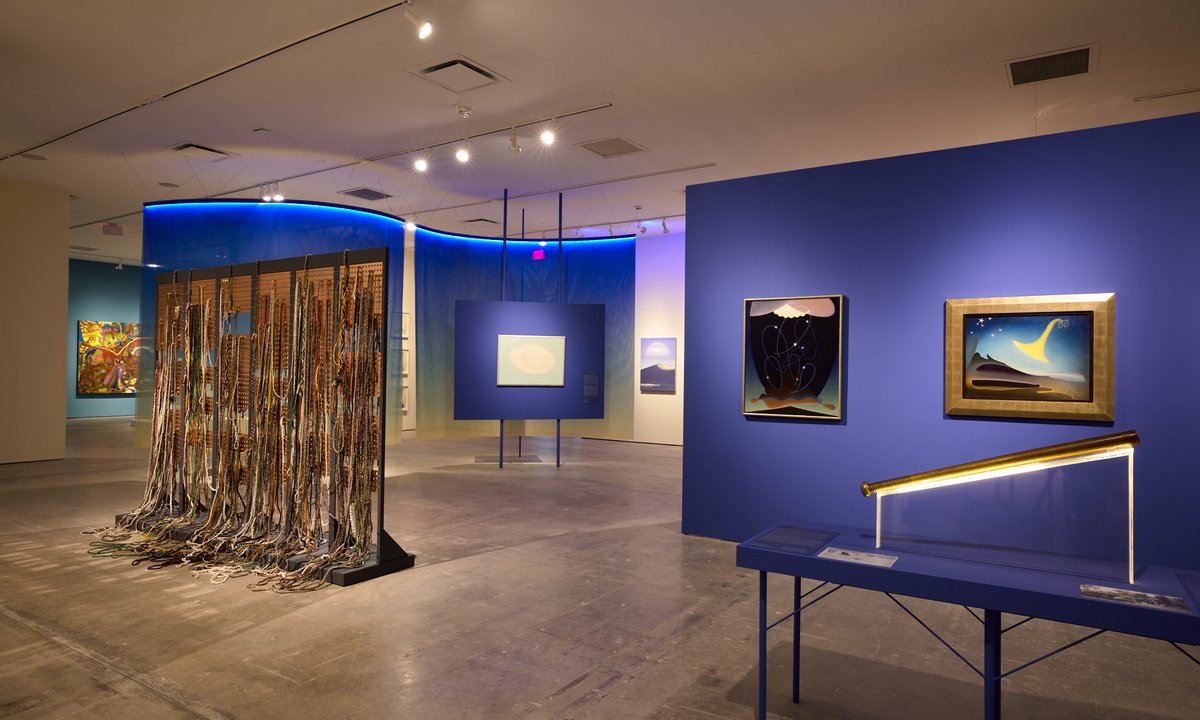Books
fromOregon ArtsWatch * Arts & Culture News
1 week agoArtist Steph Littlebird steps into authorship with 'You Are the Land' * Oregon ArtsWatch
Steph Littlebird released You Are the Land, combining her illustration practice with authorship to center Indigenous perspectives rooted in Pacific Northwest heritage.

